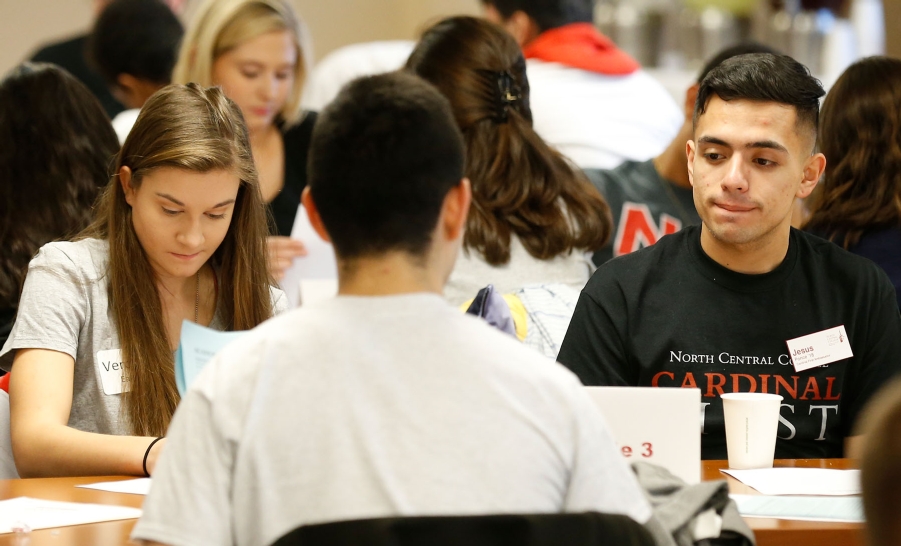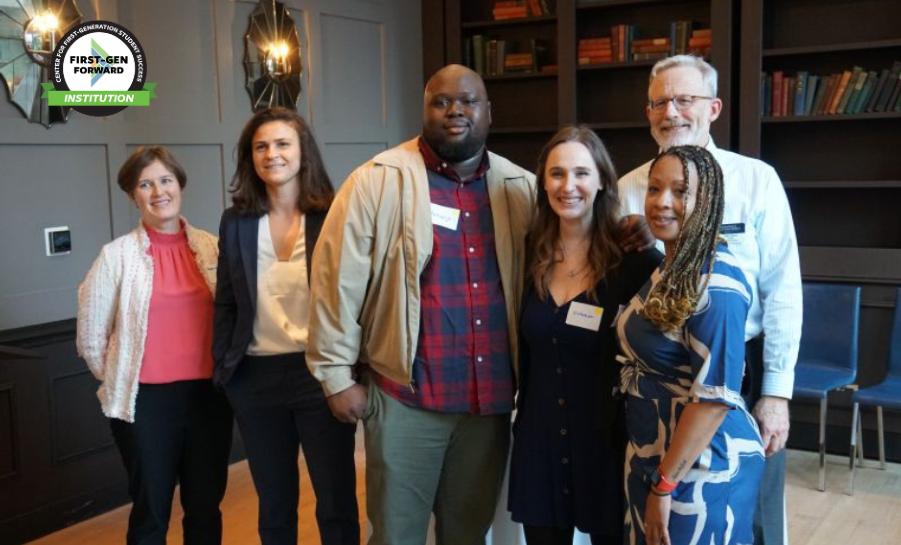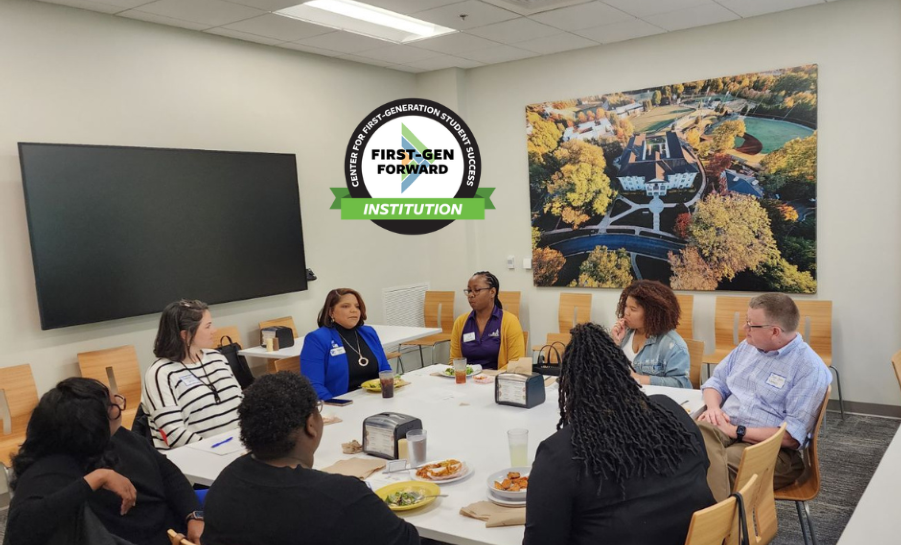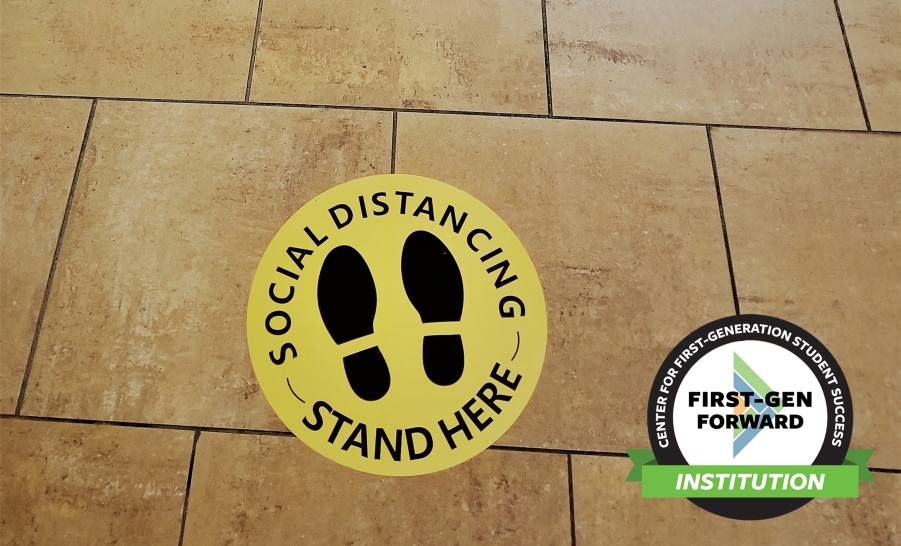Immersion Programs Designed for First-generation College Students
Andrea Jackson M.S., / FirstGen Forward / September 18, 2019
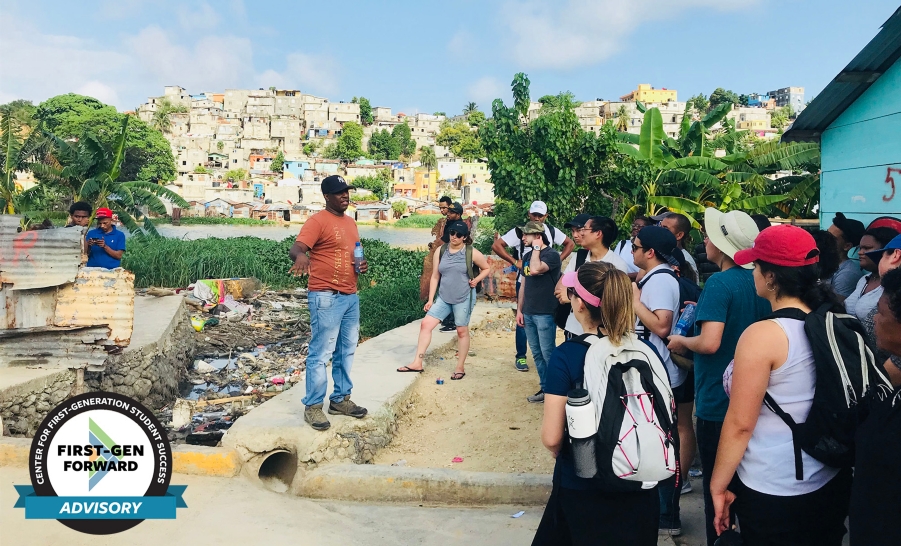
First-generation students are often told to engage and reap the benefits of all of a universities’ offering, including immersion programs. But little is done to ensure that they feel safe to access those programs and experience them in a way that makes sense for them. As first-generation students, there are unique barriers to accessing programs, but also differences in how first-gen students go about processing them, especially when staff and student leaders are often continuing-generation and White.
Immersion experiences, both local and global, are designed to help participants see the world with a different perspective − new eyes − to recognize the unjust suffering of marginalized communities and individuals, and to allow those experiences to inform their vocational discernment. These immersion experiences, and the profound reflection to which they naturally give rise, are privileged moments of vocational discernment during which participants are uniquely invited to consider their place in the world. First-generation students often have unique connection to marginalized communities and engage with these experiences at a very different capacity.
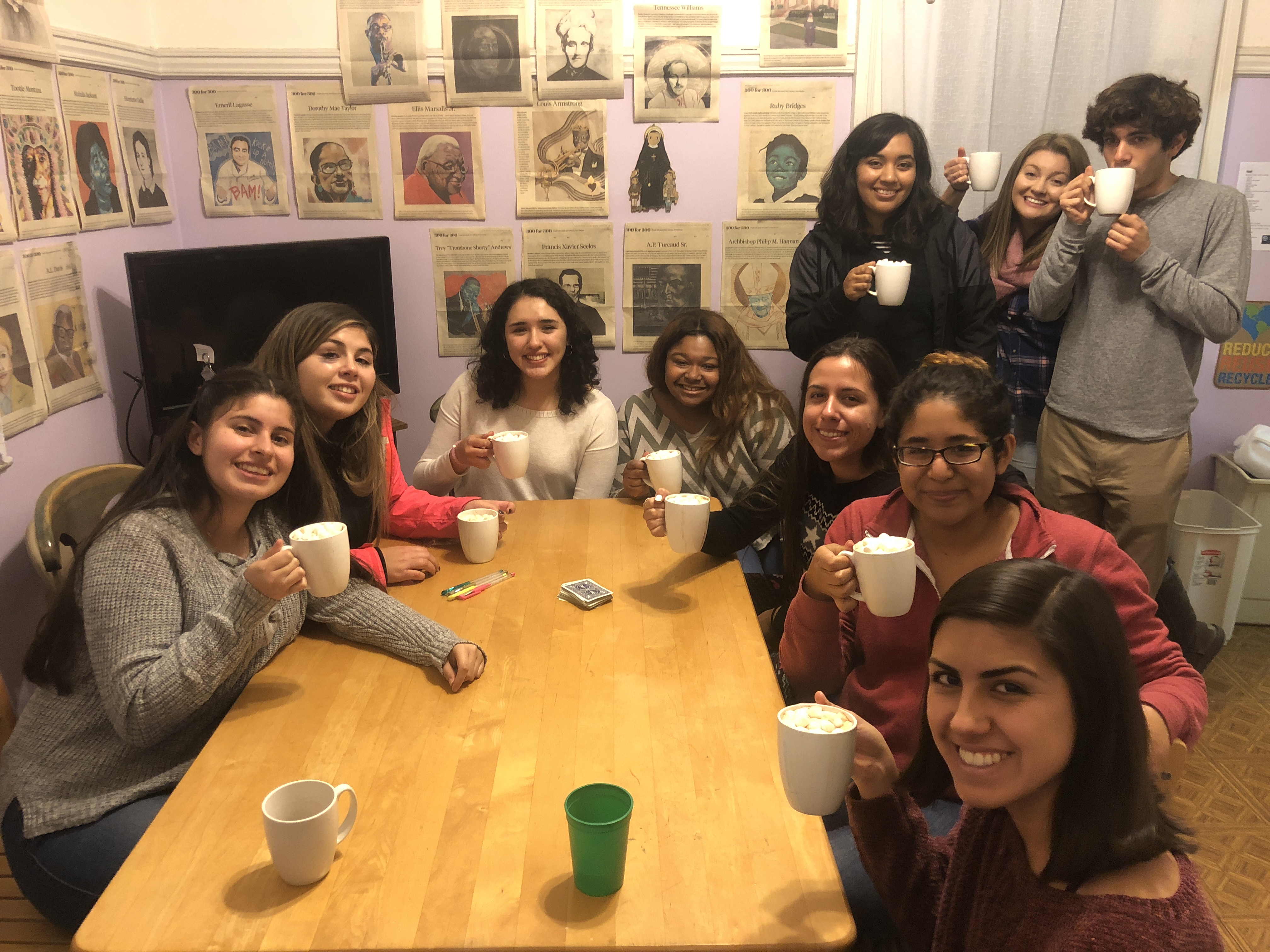
The reason we felt the need to offer a LEAD-only immersion option each year was driven by student feedback. As in a classroom setting where a student may be singled out due to being the only one from a certain ethnic group; LEAD students reported the same feeling of ‘teaching’ their peers about social justice during immersion experiences, and how disconnected they felt to their peers and program leaders. Students often experienced shame about having similar backgrounds or experiences that of the ‘suffering marginalized communities’ they were engaging with, and often were frustrated by the types of questions and comments their peers made during the immersion experiences.
Upon return from these experiences, students reported feeling comfortable discerning their own levels of privilege in a supportive community and had profound reflective experiences in ways they haven’t before. The feedback from the communities in these locations also said this group of students was unlike others they have had, and felt more inclined to share with them their stories. They felt they could relate to our students in a different way than other groups. Cultural capital was a key point for our students, before they still felt ‘other-ed’ and unable to participate in these high-impact practices in ways staff members were telling them to do so.
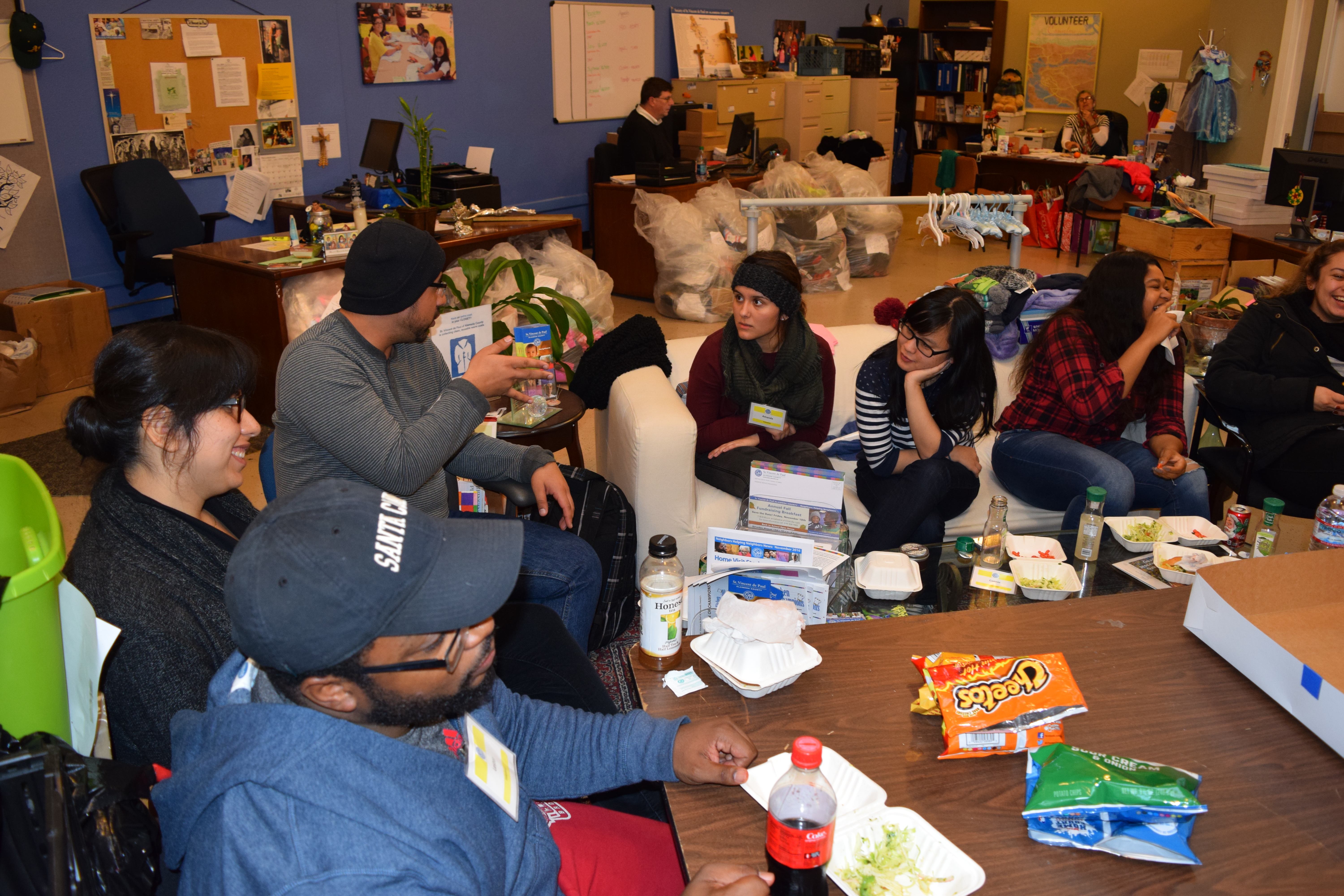
All-in-all the all LEAD immersion experiences tailored for first-generation students have been nothing but amazing and would not be possible without the partnership from the Ignatian Center for Jesuit Education. We hope to continue to push for these immersion experiences to drive an equitable college experience for all first-generation college students in the LEAD Scholars Program at Santa Clara University.
